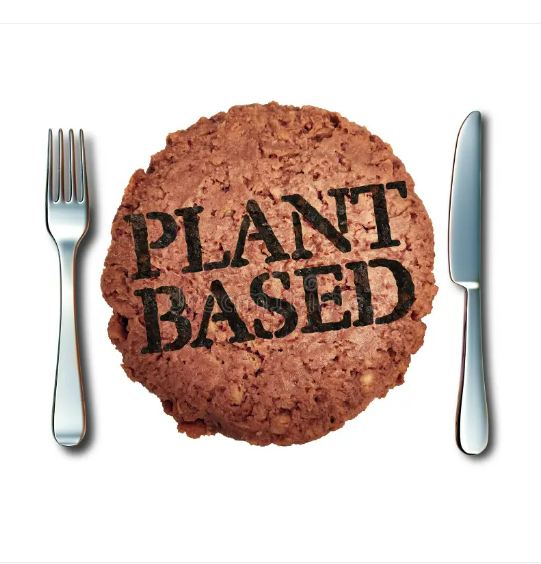
From my long experience running a kosher household, I am very familiar with the many ways to replace meat in a meal! Lentils and mushrooms are fun, but they are very distinctively themselves; and while the offerings in the “fake meat” department, made with soy and pea protein, mimic flesh, they are often missing that special something: fatty mouthfeel. This leads to dishes that are “close but no cigar,” or outright dry as heck.
Thankfully, a team at the University of Leeds has taken on this conundrum on behalf of meat-decliners everywhere. They’ve developed a process of embedding extra water inside plant proteins, a concept they call microgelation. In, for example, a burger, the inexpensive addition is read by the diner’s tongue as juiciness appropriate to the dish, making for a more authentic—and tastier!—result.
“Plant proteins – which start off as dry with a rough texture – are placed in water and subjected to heating. This alters the structure of the protein molecules which come together to form an interconnected network or gel which traps water around the plant proteins.
The gel is then homogenized, which breaks the protein network into a microgel made up of tiny particles that cannot be seen with the naked eye. Under pressure, as they would be when they are being eaten, the microgels ooze water, creating a lubricity akin to that of single cream [about 18% milk fat].”
The researchers used an atomic force microscope to observe the behaviour of the water molecules, which confirmed the predictions their math made. They envision that this innovation will not just make current vegans’ and vegetarians’ lives better, but can help convert even more omnivores away from meat eating. Hopefully enough to have an effect on factory farming rates and the environmental fallout thereof! I love that this makes plant-based bliss even more accessible. Especially in a special holiday dinner made by yours truly—in my house, taste is the most important result of scientific endeavour!